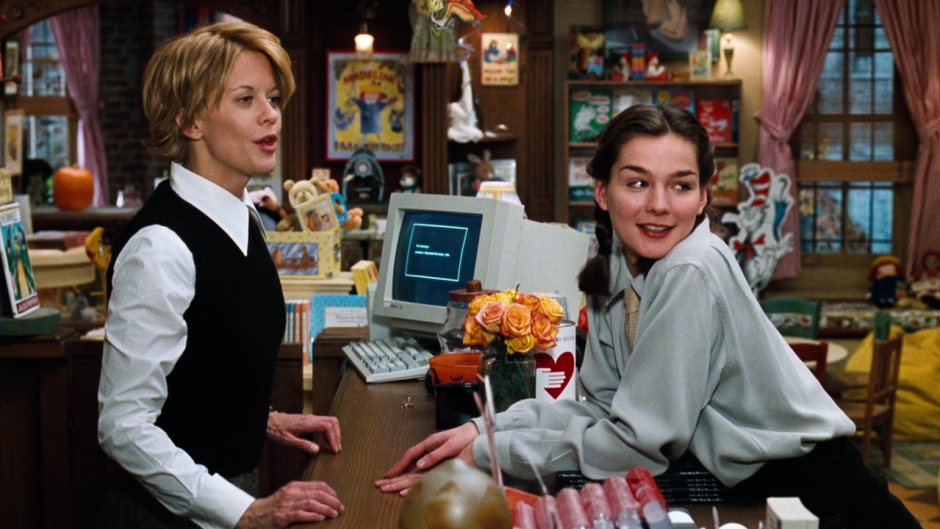Paul Simon tells us there must be fifty ways to leave our lovers. It’s a pretty cold prospect. In my case, I was not worried about hurting Amazon. “She” would get over it. My departure would cause no emotional upheaval. I doubted she would even miss me. Which, in a sense, is part of the problem that our increasing online existence creates. The need for any human interaction disappears. The world becomes one large, impersonal vending machine accessed by my laptop or tablet or phone. I have no need of speaking with any real person. This cannot be good for us.
And so I needed to leave. But how?
In searching for a new book-buying relationship, I had four criteria.
1. Secure – I wanted a source that had a clear chain of possession that would guarantee that authors would get their money. Amazon sold counterfeits. Did others? I wanted to make sure, as much as possible, that they did not.
2. Independent – I could simply shift my business from Amazon to Barnes and Noble. There is one nearby. And yet, all large chains, from booksellers to hair-cutters to coffee sellers, encourage a homogenization that strips personality, and the personal, from the experience. In some cases this can encourage comfort – miles from home I can be certain of what I’ll find in a Starbucks. But a chain cannot imprint its own personality upon a business in ways that an independent vendor can. If you have seen You’ve Got Mail, you know that Fox Books can work, but not in the way The Shop Around the Corner does.

3. Local – Independent booksellers locally operated not only meet the first two goals, but in order to survive have to know their communities. They are parts of their community and that is reflected in the character of the store. If they do it well, we who frequent their stores understand that we are supporting those we know and in a small but not insignificant way sustaining our local economy more than that of Seattle or New York City.
4. Complete – I am looking for a source that can pretty much take care of all my diverse reading habits, from theology to kid’s books, from history to science fiction. I am willing to consider two sources if need be – one specializing in Christian publishers and one in the more general publishing world. However, I’d prefer a single source.
Twitter friends at this point generated several recommendations that met the first two requirements. Of these, I eliminated seminary bookstores as being too specialized. Some recommended ordering from publishers – but my interests span so many different publishers that I eliminated this as being too unwieldy to be a solution. Christian Book Distributors (Now Christianbook.com) was suggested, but this source has the impersonal feel that I attribute to the large chains (and I have a history of resenting their unsolicited mailings).
There may be fifty ways to leave, but I only had time to court a few new booksellers. Three seemed attractive enough to pursue. And so the courtship began.
